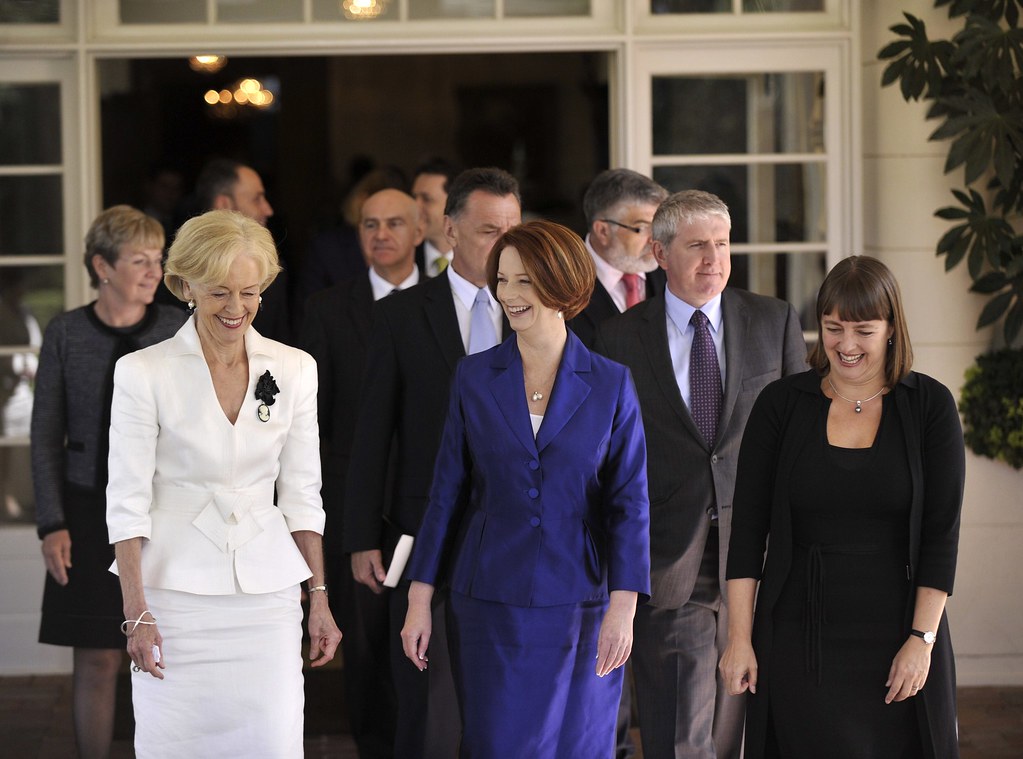The chase for government and corporate effectiveness and productivity increases through cutting “red tape” has, historically, had dubious longterm benefits. The attack on the red tape of occupational health and safety (OHS) has been brutal in the United Kingdom and has occurred with an unforgiving, and misguided, tabloid media. Some in the UK media have been pointing out the government’s strategic folly, the latest is Russell Lynch in the Evening Standard.
 On 20 September 2012, Lynch brutally described the UK situation:
On 20 September 2012, Lynch brutally described the UK situation:
“Safer businesses are more productive, not least because of the management time taken up when some poor sod has to be scraped off the floor. And let’s not forget inspections focus on occupational health as well, meaning employees have more chance of working without developing illnesses.”
The sad part of this statement is that productivity advantage of safer businesses has been known by governments for some time but that the wave of red tape attacks was politically stronger.
Some Australian States are on an extreme austerity drive even though the Australian economy is nowhere near as troubled as that of the United Kingdom. These strategies usually call for across-the-board percentage reductions in costs. This generality is a major problem as productivity and cost-effectiveness of specific organisations is not considered. Untargeted cuts penalise the successful and the inefficient – the current experience of the Health and Safety Executive. Continue reading “Lessons for Australia from UK assault on OHS red tape”






